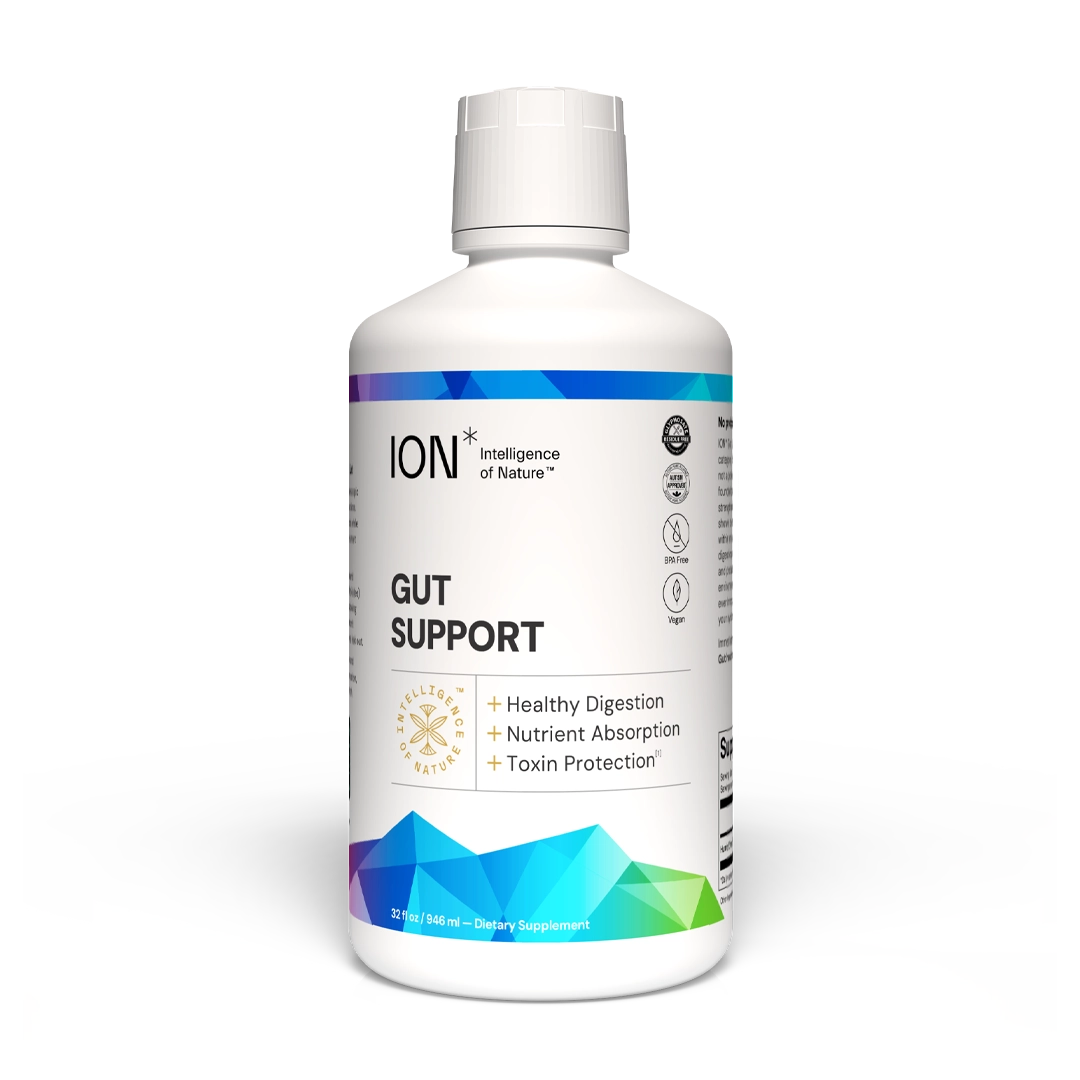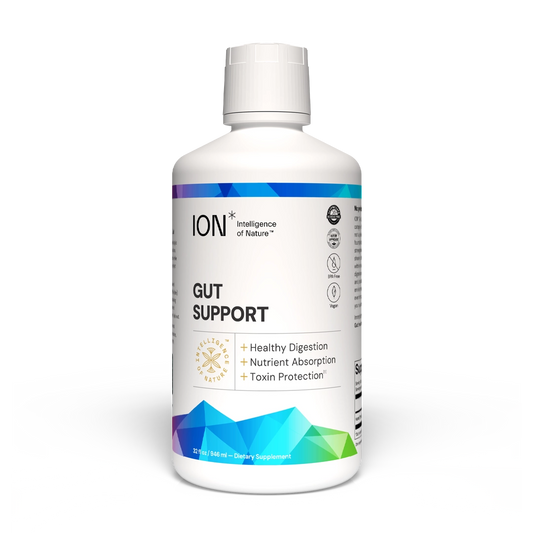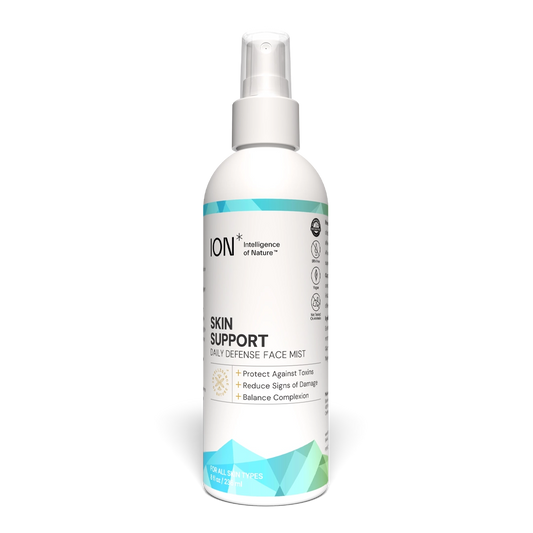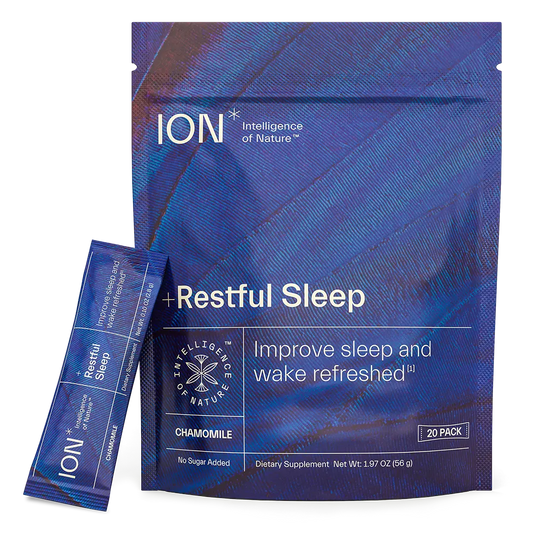
Leaky gut syndrome isn’t an official medical diagnosis– but that doesn’t mean it’s not real.
“We don’t know a lot but we know that it exists.”
– Linda A. Lee, MD, gastroenterologist and director of the Johns Hopkins Integrative Medicine and Digestive Center, on Leaky Gut Syndrome
What Is Leaky Gut Syndrome?
If you find yourself asking this question, you’re certainly not alone. As evidenced by the quote above, even those in the science and medicine communities are still barely scratching the surface of our understanding about Leaky Gut Syndrome, also known simply as Leaky Gut. We’re still in the early stages. Research is ongoing to answer what Leaky Gut is, if it’s a cause or a symptom and, most importantly, how we can best treat it. The truth is, Leaky Gut is a broad issue with many, many factors.
How broad? Well, what do the below symptoms have in common?
- Constipation
- Diarrhea
- Gas
- Bloating
- Fatigue
- Headaches
- Brain fog
- Acne
- Rashes
- Eczema
- Joint pain
- Inflammation
- Autoimmune issues
- Hormonal Imbalances, like PCOS
- Allergies
- Fibromyalgia
- Mental health issues
No, these aren’t a list of the most-commonly searched terms on WebMD. They can all be signs and symptoms of Leaky Gut. This is why it’s been a fascinating area for research, but can be very discouraging–even confusing–to people dealing with it.
To be clear, Leaky Gut Syndrome is not an official diagnosis, but rather an encompassing term referring to an abnormal process that happens in the gut that’s been linked to many health conditions and concerns. While it’s still a grey area in a lot of regards, today we can share what we do know about Leaky Gut, some expert hypotheses about its risk factors and some ways to help alleviate the symptoms associated with Leaky Gut.
Leaky Gut, scientifically named “intestinal permeability,” refers to the intestinal lining becoming inflamed and weakened, thereby allowing “leaks” of undesirable substances into the rest of the body. To be more specific, your intestinal walls are made up of epithelial cells. These cells have tiny gaps to allow water, ions and nutrients to travel from the intestines to your bloodstream. (Technically, everyone has some degree of “leaky gut” as the barrier is designed not to be fully impenetrable.) In a healthy gut, food and other foreign particles can’t pass through these gaps. But with Leaky Gut, those gaps begin to expand and break, allowing harmful matter to leak through. (That’s where the “leaky” in “Leaky Gut” comes from.)
When these cellular seals (aka tight junctions) in your intestines are compromised, the stuff your body works so hard to keep out can get in. When this critical barrier is crossed by bad bacteria, toxic molecules and even microscopic food particles , big problems can arise, including problems with your immune system.
In so many words, Leaky Gut–again, ”increased intestinal permeability”–means your gut walls start to loosen and holes form… which is not good for your favorite sweater and really, really not great for one of your body’s biggest support systems.
Major Signs of Leaky Gut
The above list shows the broad array of symptoms Leaky Gut can be connected to, but major signs of leaky gut are often sudden onsets of food intolerances–like gluten–and autoimmune disease–such as rheumatoid arthritis, inflammatory bowel disease or even lupus. The reason being that these reactions can be indicators that your immune system isn’t working properly. Food intolerances, for example, happen when your immune response “misfires” to target foods that never bothered you before. When this happens, those foods become difficult to digest and create a whole host of stomach problems (not to different from stomach problems in dogs)–a common indication of increased intestinal permeability.
What Causes Leaky Gut?
As a relatively newly-studied medical phenomena, experts aren’t entirely sure exactly what causes Leaky Gut, but they do know what increases the risk of it. Some of the usual suspects include:
- Poor nutrition
- Alcohol consumption
- Infections
- Diabetes
- Stress
- NSAIDs
- Antibiotic use
- Chemical and toxin exposure
While this isn’t a surprising list, it’s important to note what they all have in common: all of these can disrupt and damage your gut microbiome, which is critical to your immune function. When the gut microbiome is compromised, the chances are higher of both inflammation and increased intestinal lining permeability–Leaky Gut.
In addition to “poor nutrition” which normally denotes the three big and bad “highs” in diet–high sugar, high fat and highly processed foods–a new culprit may be taking some of the blame: gluten. Studies show that gluten increases the protein that’s responsible for creating holes in the gut membrane.
And if you’re avoiding gluten, you can still be at risk of the pitfalls of Leaky gut via what you eat. That’s because even if your diet is full of fresh fruit and vegetables, exposure to the chemicals found in agriculture pesticides and herbicides (like glyphosate!) can also damage your gut barrier. Unfortunately, it’s a pervasive issue beyond produce, because we come across more than 80,000 chemicals and other toxic substances on a daily basis–the main ones being antibiotics, pesticides, aspirin and contaminated tap water. More on this later.
How Can You Heal a Leaky Gut?
Once you learn about what Leaky Gut is and what it can do in regards to your health, it’s natural not only to want to know how you can prevent a leaky gut, but how you can heal it as quickly as possible.
First, remember that Leaky Gut is not an official diagnosis. It refers to a large range of issues connected to increased intestinal permeability. If Leaky Gut is a symptom of a larger condition, treating that underlying condition is crucial in helping alleviate symptoms. But in general, to help heal intestinal permeability, you must look at ways to close the enlarged gaps in the intestinal walls that are allowing food particles, bacteria, and waste products to seep directly into the bloodstream and wreak havoc on your health.
So, let’s get the bad news out of the way–there isn’t a quick fix for Leaky Gut. But there is good news. Very good news, actually. Because the steps needed to take in helping improve those tight junctions in your gut–and your overall gut health–are not difficult or complicated. It really comes down to the everyday choices you make in your daily life. Simple things like eating the right foods and naturally supporting and improving your gut health can help repair and fix Leaky Gut and relieve associated symptoms.
3 Ways to Support Gut Health to Help with Leaky Gut Syndrome
1. Improve Your Diet: Plant-Forward and Fiber-Focused
For Leaky Gut especially, experts recommend (surprise!) a plant-forward, fiber-rich diet that avoids inflammation-causing foods. Refocusing your diet doesn’t just help with Leaky Gut, but also balances your microbiome, which has a whole host of positive effects on your overall health and wellness.
Enjoy More- Vegetables: broccoli, carrots, eggplant, beets, spinach, mushrooms, potatoes, squash
- Fruits: grapes, bananas, papaya, pineapples, oranges, strawberries
- Sprouted Seeds: chia, flax, sunflower
- Gluten-Free Grains: brown rice, gluten-free oats
- Healthy Fats: avocado, coconut oil, Omega-3 rich fish like salmon and tuna
- Cultured Dairy and Fermented Foods: buttermilk, kefir, Greek yogurt, kimchi
- Raw Nuts: peanuts, almonds
Limit or Avoid Altogether
- Fast food and your usual “junk food” fare
- Gluten-rich foods, like baked goods, breads and pastas
- Red meat and processed meat, including cold cuts
- Non-cultured dairy
- Added sugars
- Alcohol
- Refined oils
- Unnecessary antibiotic and NSAID use
2. Lower Your Stress Levels
Of course it’s always easier said than done, but because stress and the immune system are interconnected, it’s absolutely worth prioritizing lowering stress levels in your life. Exercise, getting enough sleep, and meditation can all help. And bonus: taking care to de-stress isn’t just good for helping symptoms of Leaky Gut, but a great practice for improving overall health!
3. Naturally Support Your Gut with Science
Since Leaky Gut is defined by the literal widening of natural gaps and formation of holes in the intestinal walls created by increased gut permeability, finding a solution that retightens those critical tight junctions is key. A science-backed solution that’s been proven to help cinch the junctions in your gut can help solve the underlying issue with Leaky Gut– and help restore your body’s natural functions.
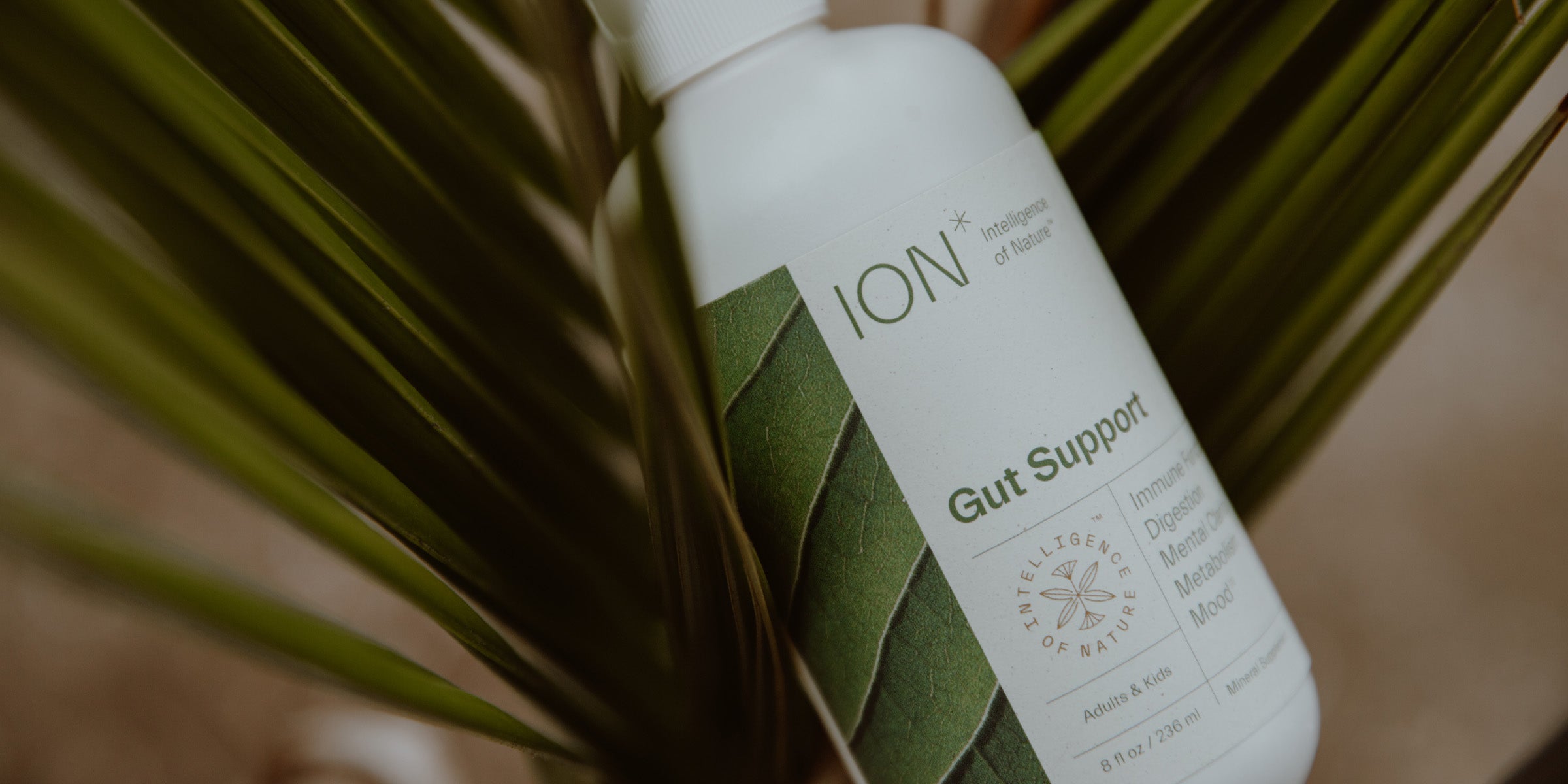
That’s where ION* Gut Support comes in.
ION* Gut Support is unlike any other gut health supplement available today, going way beyond probiotics, to support your gut health at its foundation. ION* works with your body to naturally strengthen the tight junctions in your gut lining. ION* isn’t a quick fix; it’s a critical aid in rebuilding gut health to strengthen your body’s own functions.
Remember earlier in this post when we mentioned the issues with chemicals found in most agriculture operations, like glyphosate, and how these chemicals harm gut health and make intestinal permeability worse? Testing has shown ION* Gut Support tightens cellular junctions in the gut, even when they’re weakened due to chemical exposure.
Beyond just helping alleviate the wide umbrella of symptoms under Leaky Gut Syndrome, supporting your gut health is a good idea no matter what your ultimate health goals are. Remember: your gut is your body’s first line of defense–to keep your gut in top working shape is to support your body’s critical immune functions to stay strong and healthy.
Take your first simple steps in managing Leaky Gut: improve your diet, lower your stress and try ION* Gut Support today.



